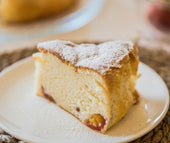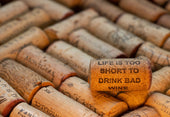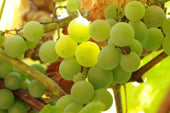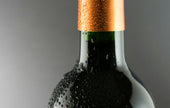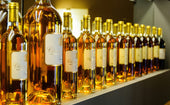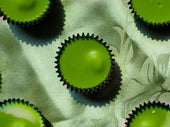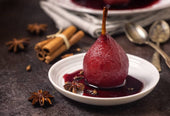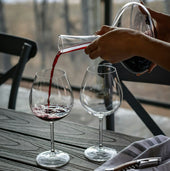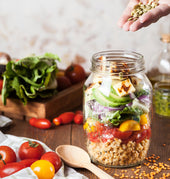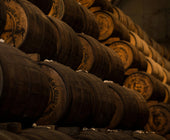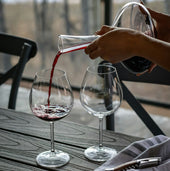
Corks vs Screw Caps, Which is Better?

Corks have always been synonymous with wine, but recently many wineries have been switching to screw caps. Some countries have outlawed corks in general, such as New Zealand and Australia to follow. Many of those wines have been getting a bad rap, but is it justified? It's a debate that's uncorked more than a few conversations among wine enthusiasts. So, corks vs. screw caps—which is better?
Corks: The Time-Honored Tradition
Corks have been used for centuries to seal wine bottle, and they carry a rich tradition. They're made from the bark of cork oak trees, primarily harvested in Portugal and Spain. Here's why corks have been the go-to choice:
Pros of Corks:
-
Breathability: Corks allow a tiny amount of oxygen to interact with the wine over time. This can be beneficial for wines that benefit from aging and development.
-
Romantic Tradition: Let's face it; there's a certain romance associated with popping a cork. It's part of the wine experience.
-
Aging Potential: Some believe that wines sealed with corks have a better aging potential due to the slow oxidation process.
Cons of Corks:
-
Risk of Cork Taint: Cork taint, caused by a compound called TCA, can spoil wine. This is the infamous "corked" wine with a musty odor and off-putting taste.
-
Inconsistency: Quality and porosity of corks can vary, leading to inconsistencies in sealing and aging.
-
Difficulty in Opening: Removing a cork can be tricky, especially for those unfamiliar with wine openers and corkscrews.
Screw Caps: The Modern Challenger
Screw caps, initially associated with cheap or low quality wines, have gained in popularity, especially for white wines and some reds. They're made of aluminum and have a simple twist-open mechanism.
Pros of Screw Caps:
-
Consistency: Screw caps provide a reliable and consistent seal, virtually eliminating the risk of cork taint.
-
Ease of Use: No need for corkscrews or complicated rituals. Twist, and it's open, perfect for picnics or casual settings.
-
Preservation: Screw caps can preserve the wine's original flavors and aromas, making them ideal for wines meant to be enjoyed young.
Cons of Screw Caps:
-
Limited Aging: The airtight seal can limit oxygen exposure, which may hinder the aging potential of some wines.
-
Perceived Tradition: Some wine enthusiasts resist screw caps due to their association with lower quality and cheap wines.
So, Which Is Better? Corks or Screw Cap?
The answer isn't very clear cut. It really depends on the type of wine, its intended purpose, and personal preferences. Here are some considerations:
-
For Aging: If you're cellaring wine for extended periods, traditional corks are preferred for their potential to allow controlled oxygen interaction.
-
For Immediate Enjoyment: If you plan to drink your wine relatively soon, screw caps are convenient and reliable, preserving the freshness of the wine.
-
For Special Occasions: There's no denying the experience of uncorking a bottle for a special celebration. Tradition can be a powerful part of the wine drinking experience.
Both have their merits and limitations. Winemakers often choose based on the style of wine they're producing. The debate between corks and screw caps is more about suitability than superiority.
Each method has its place in the world of wine, and it's the contents of the bottle that truly matter. Whether it's the timeless tradition of uncorking or the practicality of a twist cap, both mean you get to enjoy a bottle of wine!





